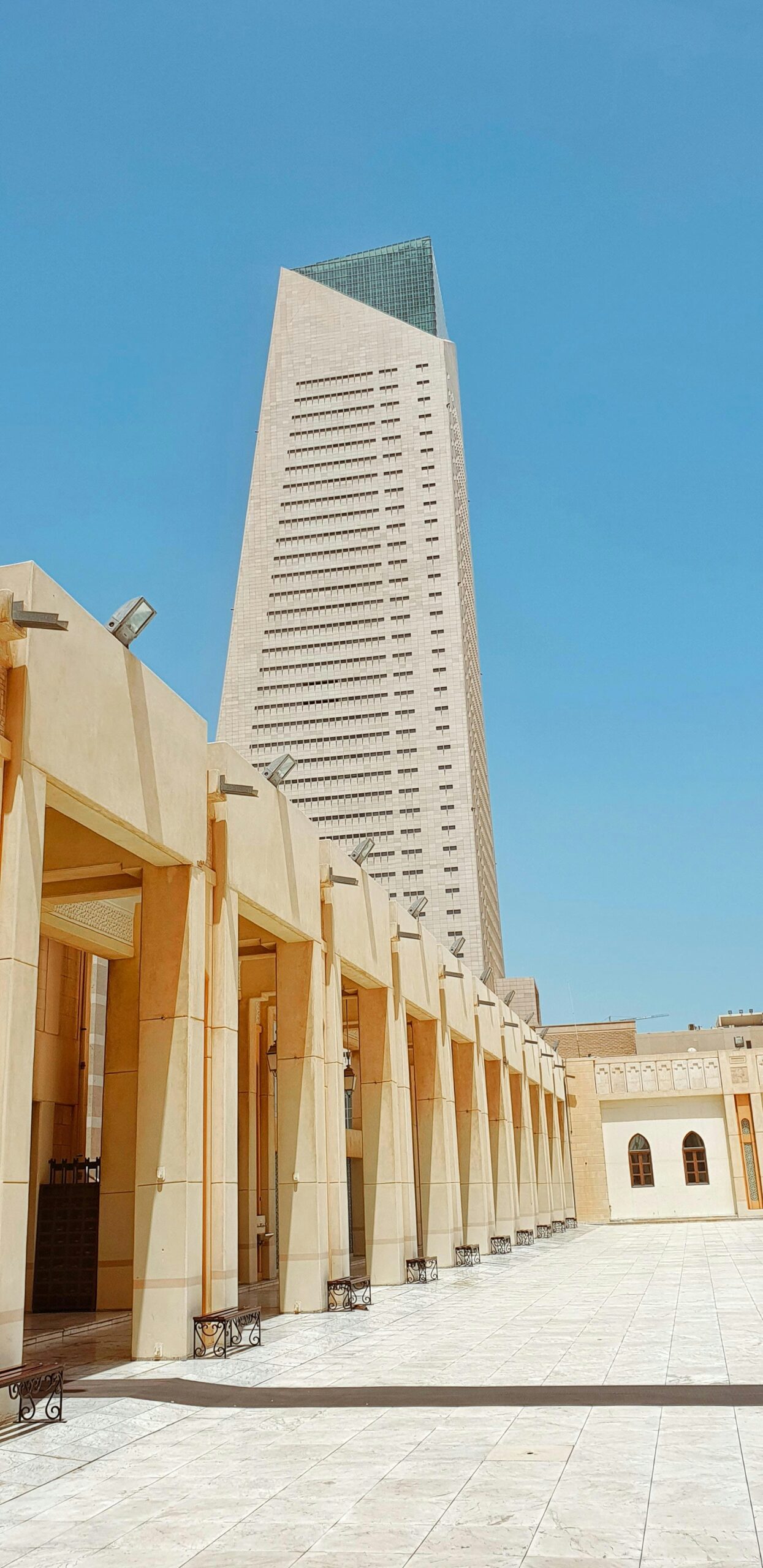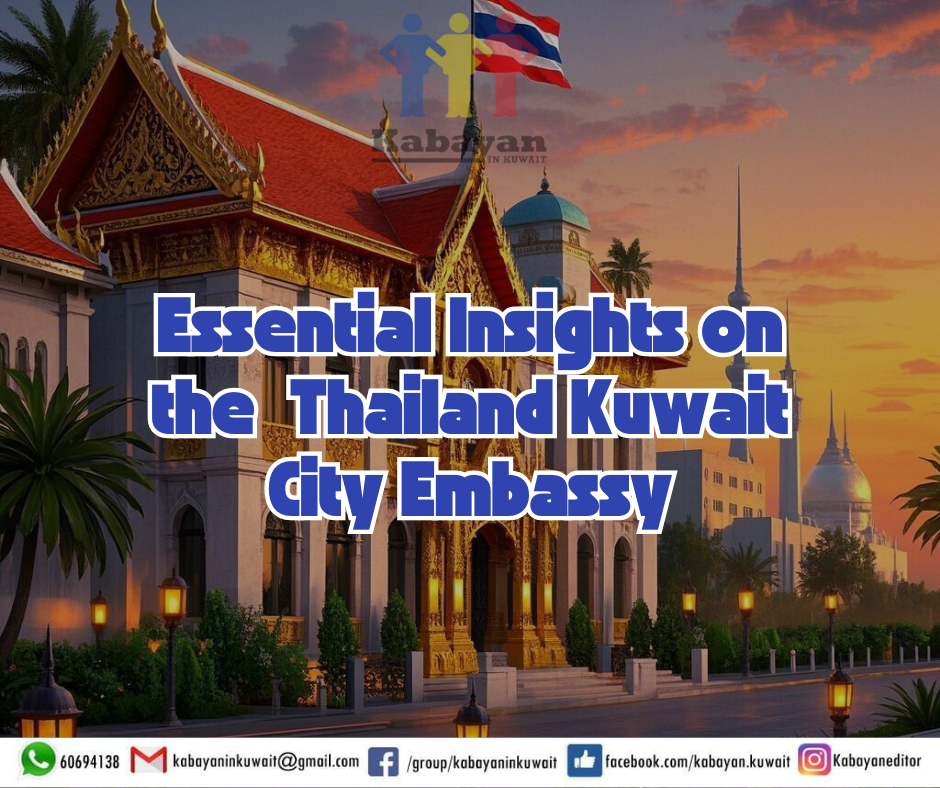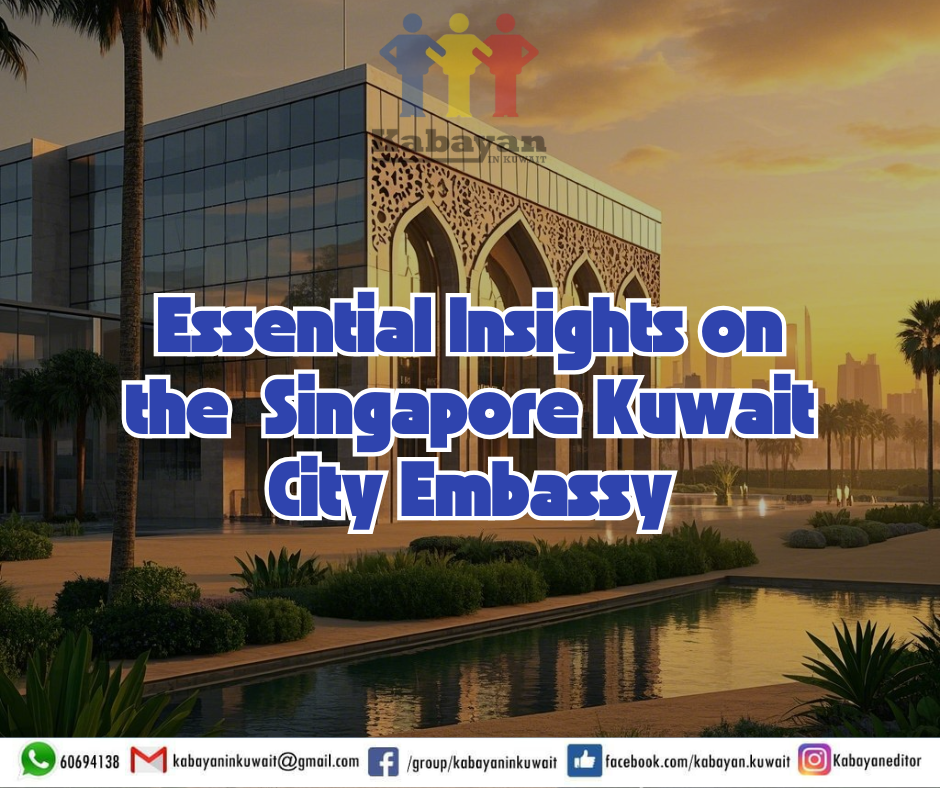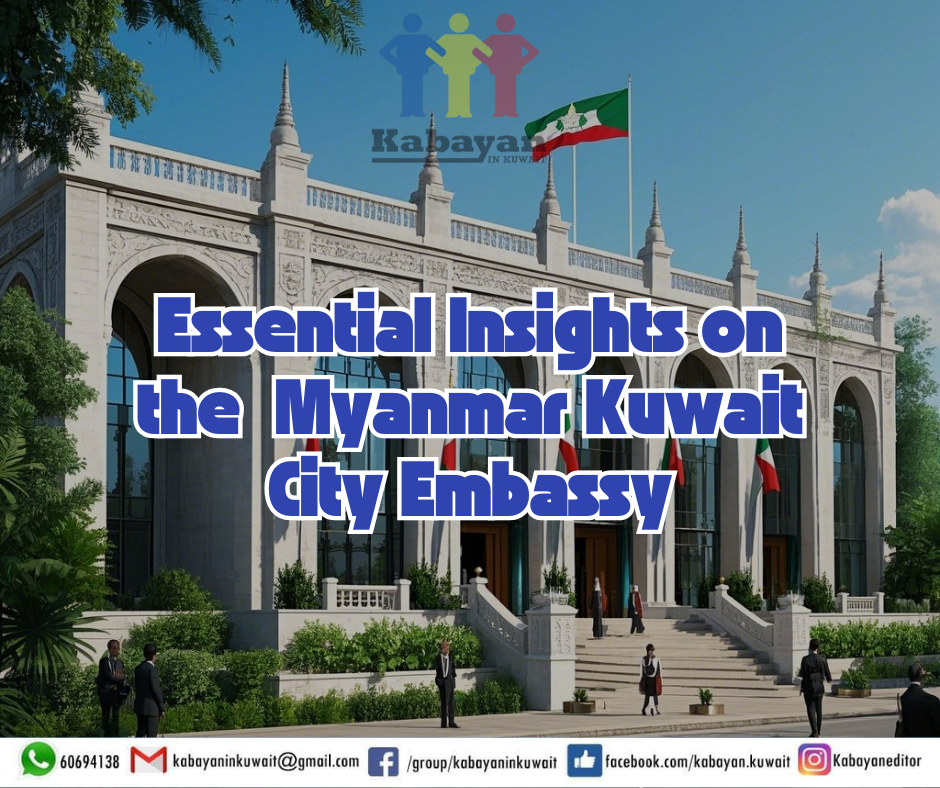Exploring Kuwait: What It’s Best Known For and Why It’s Worth Visiting

An Introduction to Kuwait
Kuwait, a small yet strategically significant nation located in the northeastern part of the Arabian Peninsula, is bordered by Iraq to the north and west, Saudi Arabia to the south, and the Persian Gulf to the east. With a total area of approximately 17,818 square kilometers, Kuwait is one of the smaller countries in the region. Despite its modest size, it boasts a population of around 4.2 million people, with a significant proportion comprising expatriates from various parts of the world.
The history of Kuwait is a fascinating narrative of transformation. Originally a small trading post in the 18th century, Kuwait’s strategic location made it an essential hub for commerce and maritime trade routes. The discovery of vast oil reserves in the 1930s marked a turning point, propelling Kuwait into a period of rapid economic growth and modernization. Today, Kuwait is recognized as one of the wealthiest nations globally, thanks to its substantial oil exports.
Kuwait’s rich cultural heritage is deeply rooted in Arab traditions and Islamic values. The country is home to numerous cultural landmarks, including the Kuwait National Museum, which offers insights into the region’s history and traditions. Additionally, Kuwait’s vibrant arts scene, characterized by its theatres, galleries, and cultural festivals, reflects a society that values both its heritage and contemporary artistic expressions.
In the realm of regional politics, Kuwait plays a pivotal role. As a member of the Gulf Cooperation Council (GCC), Kuwait has been instrumental in regional diplomacy and economic collaborations. The country’s political stability and commitment to progressive reforms have further cemented its status as a key player in Middle Eastern geopolitics.
The climate in Kuwait is predominantly arid, with scorching summers that can see temperatures soar above 50°C (122°F). Winters are more temperate, making the period from November to April the most favorable for travel. The general atmosphere in Kuwait is welcoming, with a blend of traditional hospitality and modern amenities.
Understanding Kuwait’s geographical, historical, and cultural context provides a solid foundation for appreciating what makes this nation a unique and rewarding destination for travelers and investors alike.
What Kuwait is Best Known For
Exploring Kuwait, a small yet affluent nation situated on the Persian Gulf, is renowned primarily for its substantial oil reserves and the ensuing economic prosperity. The country’s petroleum industry has been a cornerstone of its economy, making Kuwait one of the wealthiest nations per capita globally. This affluence is evident in its modern infrastructure, high standard of living, and significant investments in various sectors.
Among the iconic landmarks that define Kuwait’s skyline are the Kuwait Towers. These striking structures are not only an architectural marvel but also a symbol of the nation’s modernization and progress. Another notable landmark is the Grand Mosque, the largest mosque in Kuwait, which stands out for its intricate Islamic architecture and spiritual significance. For those interested in delving deeper into the country’s history and heritage, the Kuwait National Museum offers a comprehensive look at Kuwait’s past, including its pre-oil era and rich cultural traditions.
Kuwait’s cultural scene is vibrant and diverse, reflecting a blend of traditional and contemporary influences. Traditional music, often characterized by the rhythmic sounds of the oud and the darbuka, and dance forms like the Ardah, play a crucial role in Kuwaiti social and cultural events. Handicrafts, including intricate Sadu weaving, continue to be cherished and preserved as part of the nation’s cultural heritage.
In contrast, Kuwait also boasts a plethora of modern amenities, including expansive shopping centers like The Avenues, which offer a mix of luxury brands and local boutiques. The culinary scene is equally impressive, with a wide range of dining options that cater to diverse tastes, from traditional Kuwaiti dishes like machboos to international cuisines.
Moreover, Kuwait has made significant strides in education and healthcare, establishing itself as a regional leader in these fields. The country prioritizes quality education, with numerous institutions providing world-class educational opportunities. Similarly, the healthcare system in Kuwait is advanced, offering comprehensive and efficient medical services to its residents.
Top Tourist Attractions and Activities
Kuwait, a gem in the Arabian Peninsula, offers a plethora of attractions and activities that cater to diverse interests. One of the must-visit sites is the Souq Al-Mubarakiya, a historic marketplace that provides an authentic glimpse into Kuwaiti culture. This bustling souq, with its labyrinthine alleys, is perfect for shopping traditional goods, savoring local delicacies, and immersing oneself in the vibrant atmosphere. The best time to explore Souq Al-Mubarakiya is during the cooler months from November to March, when the weather is pleasant for outdoor activities.
Marina Crescent is another top attraction, particularly for those who enjoy modern leisure experiences. This waterfront promenade boasts an array of upscale restaurants, cafes, and shops, offering a scenic view of the Arabian Gulf. Visitors can enjoy leisurely strolls, fine dining, and even boat rides. The evenings, especially during spring and autumn, are ideal for visiting Marina Crescent, as the ambient temperatures make for a delightful outing.
Failaka Island is a destination that combines history, nature, and adventure. Accessible by ferry, this island is home to archaeological sites dating back to the Bronze Age, offering a fascinating journey through time. Activities on Failaka Island include exploring ancient ruins, beach outings, and even camel rides. Spring and autumn are the prime times to visit, as the climate is perfect for outdoor exploration without the intense summer heat.
For adventure enthusiasts, desert safaris are an exhilarating way to experience the Kuwaiti desert landscape. These safaris often include dune bashing, camel rides, and traditional Bedouin camps, providing a comprehensive desert experience. The optimal season for desert safaris is from November to February, avoiding the extreme temperatures of summer.
Dhow cruises offer a unique way to view Kuwait’s coastline and skyline from the water. These traditional wooden boats provide a serene and scenic experience, often paired with dinner and entertainment. The best time for a dhow cruise is during the cooler evenings of the winter months, enhancing the overall experience with comfortable weather.
Kuwait also hosts several cultural festivals throughout the year, such as the Hala February Festival, which celebrates the country’s liberation with parades, concerts, and fireworks. This festival, held in February, is one of the most vibrant times to visit Kuwait, offering a rich cultural immersion.
Travel Tips and Visitor Information when exploring Kuwait
Embarking on a journey to Kuwait necessitates some fundamental planning to ensure a seamless and enjoyable experience. First and foremost, visitors must be aware of the visa requirements. Depending on your nationality, you may be eligible for a visa on arrival, an electronic visa, or you may need to apply in advance at a Kuwaiti embassy. It’s advisable to check the latest information from official sources before your trip.
Transportation in Kuwait is relatively straightforward, with taxis and ride-sharing services widely available. Renting a car is also a viable option, especially if you plan to explore areas beyond Kuwait City. However, be mindful that driving can be quite challenging due to heavy traffic and local driving customs. Public buses are another economical mode of transport, providing extensive coverage across the city.
When it comes to accommodation, Kuwait offers a diverse range of options. Luxury hotels such as the Four Seasons and Jumeirah Messilah Beach provide top-notch amenities and exceptional service. For budget-conscious travelers, there are numerous mid-range hotels and guesthouses that offer comfort and convenience without breaking the bank.
The local cuisine in Kuwait is a highlight not to be missed. Traditional dishes like Machboos (spiced rice with meat or fish) and Mutabbaq Samak (fish served with rice) are must-tries. Dining experiences range from high-end restaurants to street food vendors, each offering a unique taste of Kuwaiti flavors. Additionally, international cuisine is widely available, catering to diverse palates.
Understanding and respecting local etiquette is crucial when exploring Kuwait. Kuwaitis are known for their hospitality, but there are cultural norms to observe. Dress modestly, particularly in religious and public areas. Public displays of affection are discouraged, and it’s important to use the right hand when eating or giving items. Learning a few basic Arabic phrases such as “Shukran” (Thank you) and “Marhaba” (Hello) can go a long way in enhancing your interactions with locals.
The currency used in Kuwait is the Kuwaiti Dinar (KWD), and it’s recommended to have some cash on hand for small purchases, although credit cards are widely accepted. English is commonly spoken, especially in business and tourist areas, making communication relatively easy for English-speaking visitors.
If you want to read more: Click Here
To read more about Kuwait’s history: Click Here







